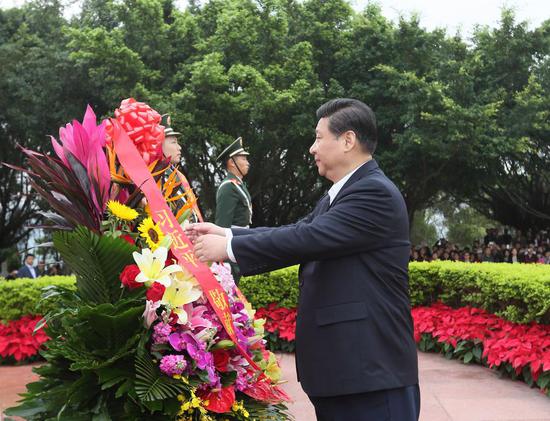
VENTURING INTO THE MOUNTAIN DESPITE KNOWING THERE ARE TIGERS
The reforms led by Xi have been based on thoughtful considerations derived from his many years of practice, with a whole set of top-level designs.
He has invoked the ancient Chinese idiom of "discarding the outdated in favor of the new" to call for action, believing that reform and innovation are inherent cultural genes of the Chinese nation.
Xi has been clear-headed regarding the direction of reform. He has cautioned against copying the political systems of other countries, once saying that reform denying socialist orientation would only lead to a "dead end."
"What cannot be changed must be resolutely kept unchanged," he stated.
For what should be changed, Xi has demanded firm actions, urging creating conditions for reform even when they do not exist yet. The must-do tasks included eliminating all drawbacks that restrict the vitality of business entities and hinder the full play of the market.
With unprecedented scope, scale and intensity, Xi's reforms have covered economic, political, cultural, social, ecological and Party building fields.
He has developed a methodology for reform in the new era: "properly handling the relationships between emancipating the mind and seeking truth from facts, between advancing as a whole and making breakthroughs in key areas, between top-level design and crossing the river by feeling the stones, between being bold and maintaining a steady pace, as well as balancing reform, development, and stability."
He has stressed pursuing reform in a systematic, holistic, and coordinated way and respecting the pioneering spirit of the people. Officials have also been told to "establish the new before abolishing the old" and ensure proper timing and intensity of reform to good effect.
"He corrected the mentality of measuring the success of development simply by GDP growth and enabled the reform to truly touch the interests of some people," said an official from Shaanxi.
He recalled that Xi had issued six instructions to crack down on illegal villa construction by officials in collusion with businesses in the nature reserves of the Qinling Mountains. It reflected the local resistance encountered by the reform in the ecological field back then.
Xi has been pushing through reform in adversity and had to break the blockades of vested interests. "We need the courage to 'venture into the mountain despite knowing full well there are tigers' and continuously move the reform forward," he said.
Around the year when Xi became the general secretary, vote-buying corruption in the election of lawmakers or Party officials occurred in the provinces of Liaoning, Hunan and Sichuan.
"Corrupt officials allowed bribe-paying enterprises to illegally obtain projects or manipulate the market," said a local official, citing concerns over the business environment in the rustbelt northeastern provinces then.
Xi initiated an unprecedented anti-corruption "storm." The fight against corruption is beneficial for purifying the "political ecosystem" as well as the "economic ecosystem," and is conducive to straightening out the market order and restoring the market to what it should be, he said.
The "zero-tolerance" anti-corruption campaign continues to roar. In 2023, it made waves across sectors, including finance, grain, healthcare, semiconductors, and even sports.
Hundreds of high-ranking government officials, bank executives and hospital directors, even figures like the president of the Chinese Football Association and former head coach of the national men's football team, were investigated or indicted.
The revelations, particularly in the football sector, were shocking -- bribery could determine the outcome of matches, undermining market-based fair competition.
Xi has been focused on reshaping the "competition mechanism" through reform. He advocated the necessity of reforming the Party, which has been in existence for over a century, calling for "the most thorough self-revolution."
Under his leadership, a full and rigorous Party self-governance system was built, and a sound system of Party regulations has taken shape. He improved the inspection system and established the national supervision system, "confining power to an institutional cage."
He also initiated an unprecedented reform of the Party and state institutions to "address major and difficult issues drawing widespread attention."
This reform further dismantled vested interests. Xi has called for the resolve to "offend a few thousand instead of failing the 1.4 billion Chinese people."
He propelled the Party's self-revolution to guide social change. The Party has taken the initiative to eliminate institutional deficiencies in social development to unlock productive forces, as explained by Liu Bingxiang, a professor at the Party School of the CPC Central Committee.
In this regard, Xi has advocated fully advancing law-based governance, striving to solve the long-standing problems of power outweighing the law and personal relationships trumping legal principles.
He once lashed out at the phenomenon where "money can buy exemption from punishment and even buy life." On another occasion, he said: "The socialist market economy is an economy based on credit and the rule of law."
He has instructed the formulation and revision of a series of laws, including the Anti-Monopoly Law, which provided the legal basis for the fair competition review system.
The legal system for intellectual property rights was also improved. In a typical case in 2020, U.S. basketball legend Michael Jordan won a lawsuit in Shanghai, with a Chinese company ordered to cease using "Qiao Dan," the Chinese translation of Jordan, in its name and product trademarks.
Therefore, Xi's reforms have not only led to economic transformation. He has asserted that the essence of modernization lies in the modernization of people. Fostering "cultural confidence and national pride" among the Chinese people has become a key objective of the reform.
In 2012, Xi incorporated "cultural confidence" into the report to the 18th CPC National Congress. He later integrated this concept into the "Four Confidences" of socialism with Chinese characteristics, describing cultural confidence as a "more fundamental, deeper, and more enduring force."
Xi's reforms also signify a reworking of Marxism to adapt to the new era, integrating its basic tenets with China's specific realities and fine traditional culture. As a result, China's reforms have taken on fresh philosophical significance.
In his 2017 New Year Message, Xi stated that "the main framework of reforms, resembling the 'four beams and eight pillars' of a house, has been essentially established in various fields." For those acquainted with traditional Chinese architecture, this signifies that the house has taken shape and can be further perfected.
Xi has directed reforms toward an overarching goal: upholding and improving the system of socialism with Chinese characteristics and modernizing China's system and capacity for governance.
This, undoubtedly, takes a long-term and challenging process to fulfill.









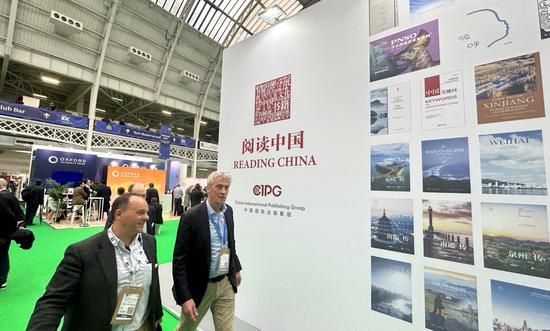


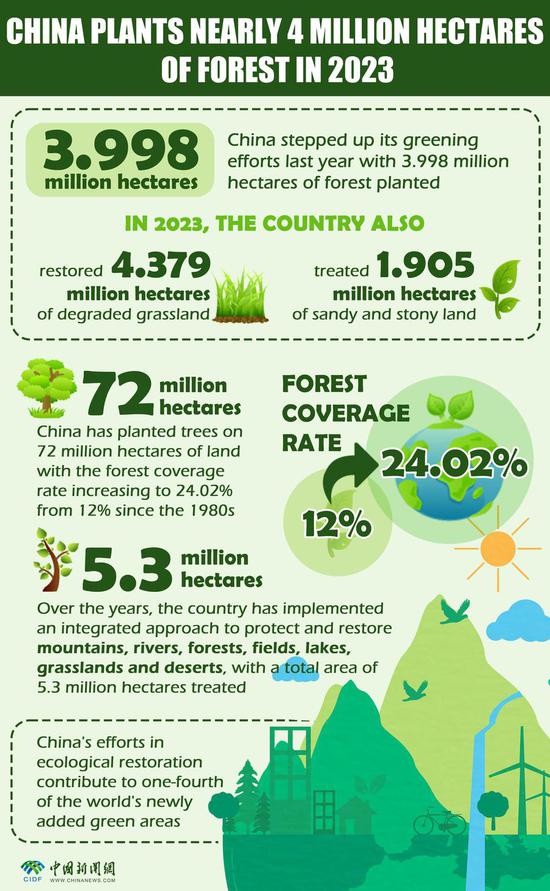
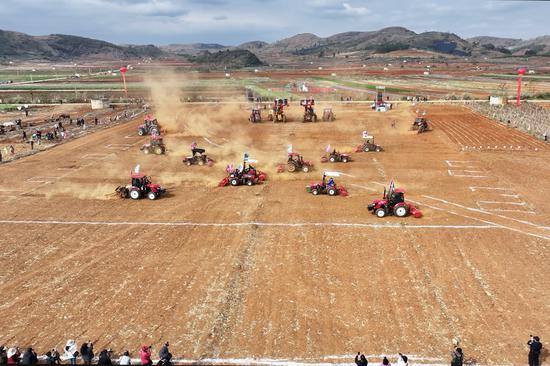

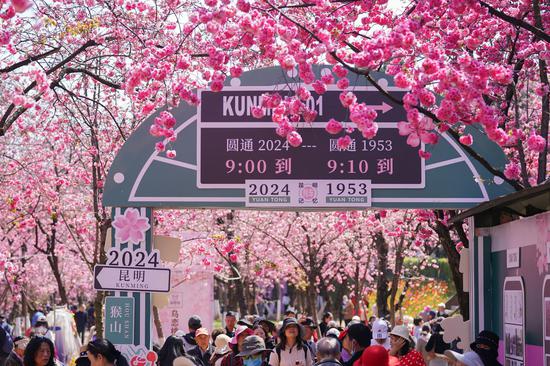
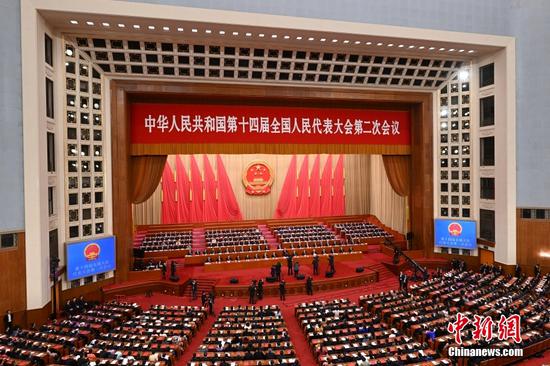

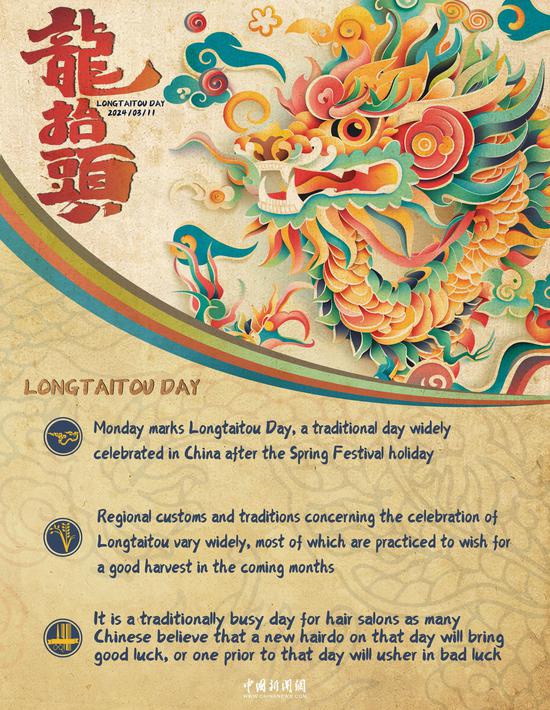
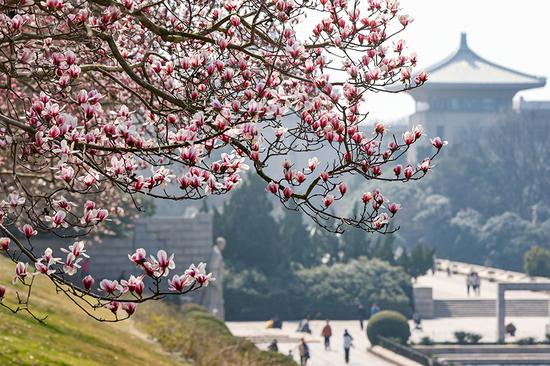

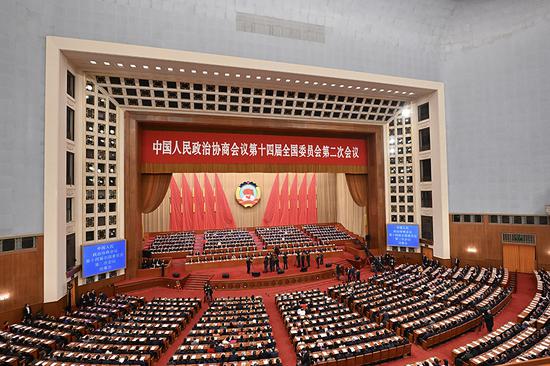
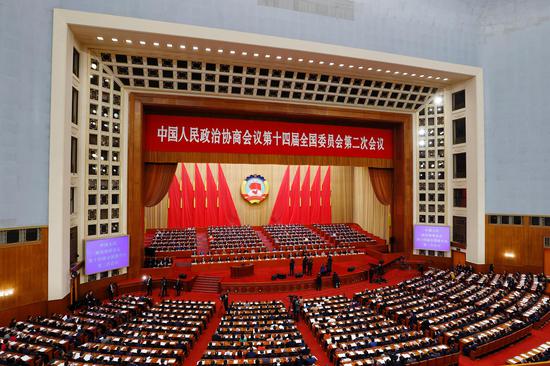

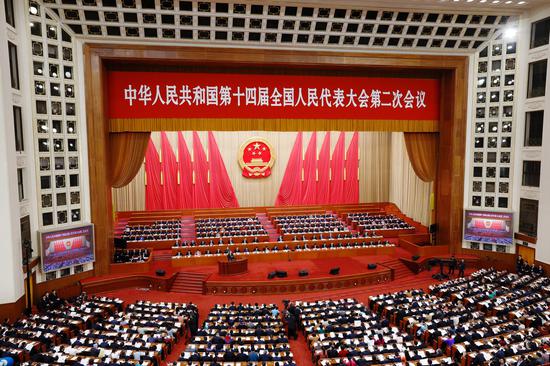
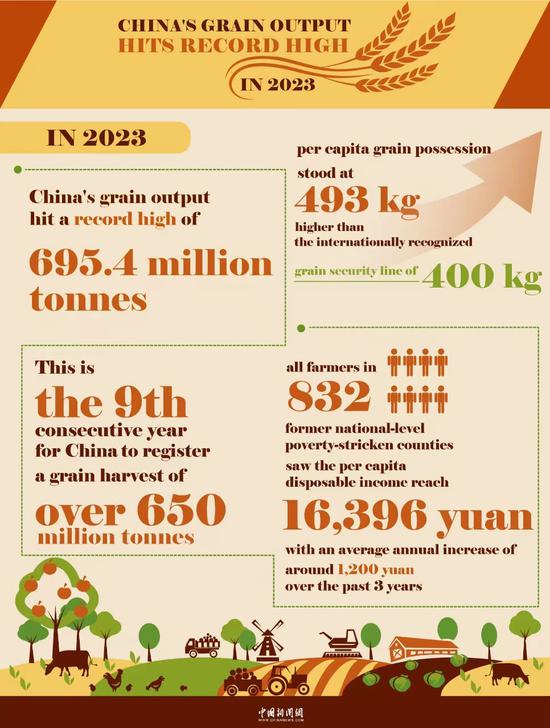
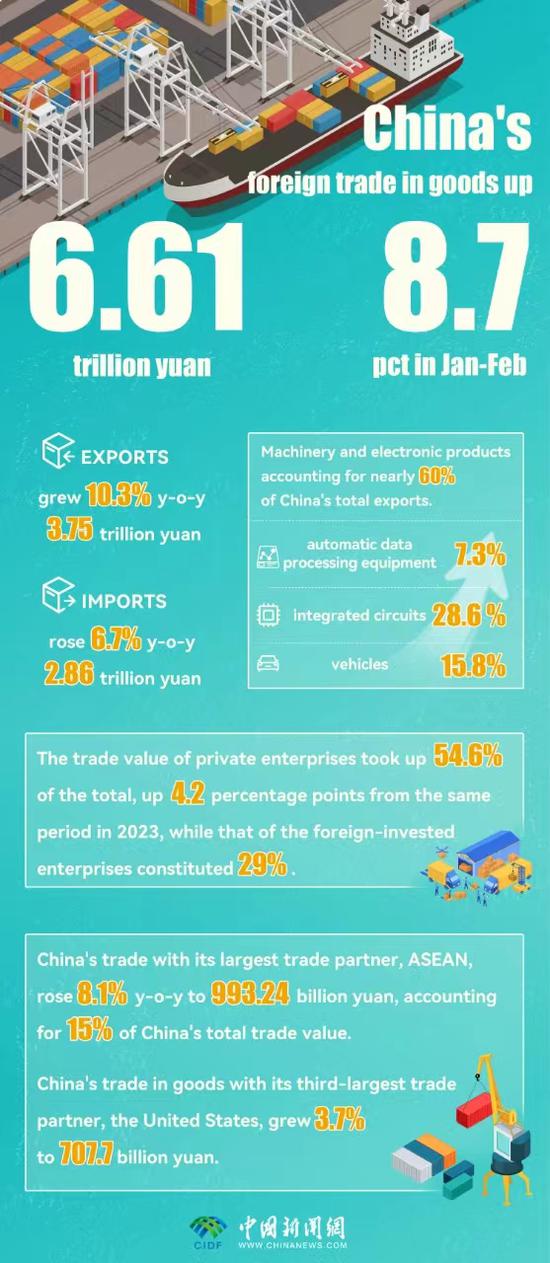
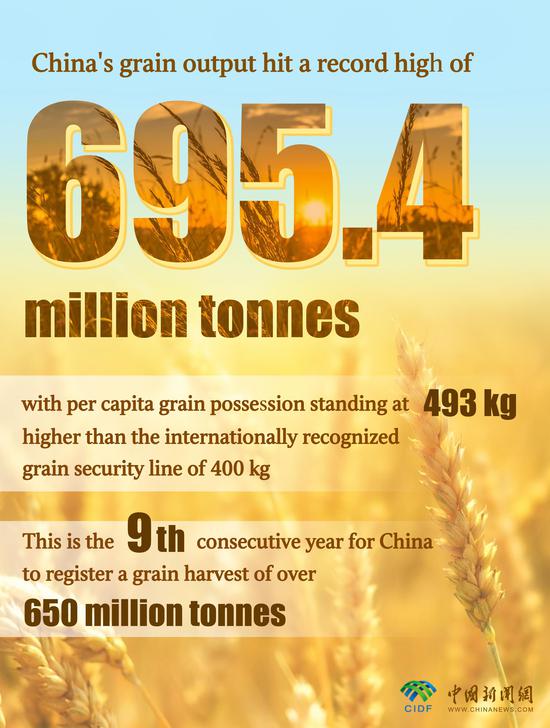
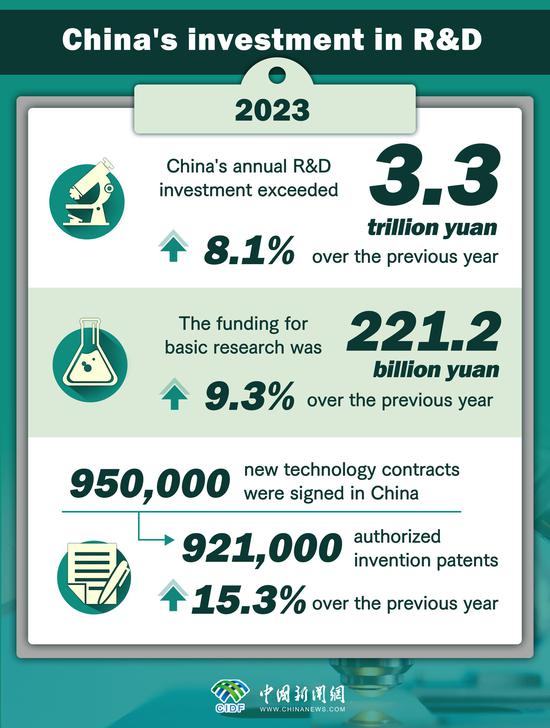
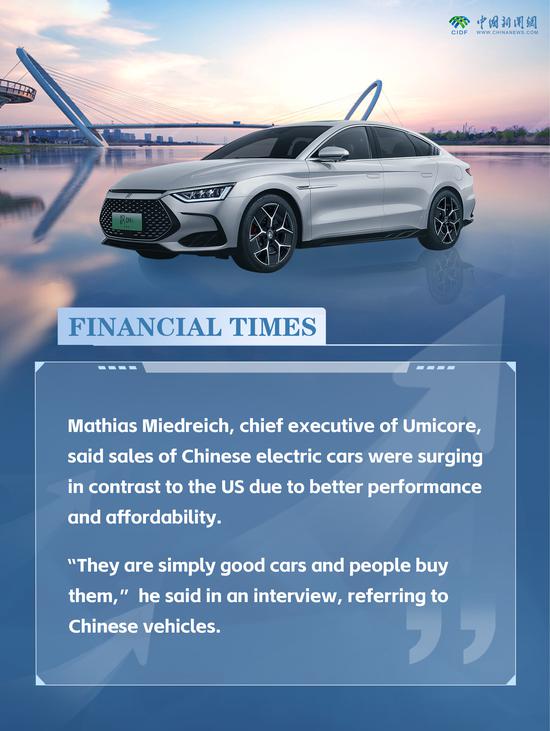
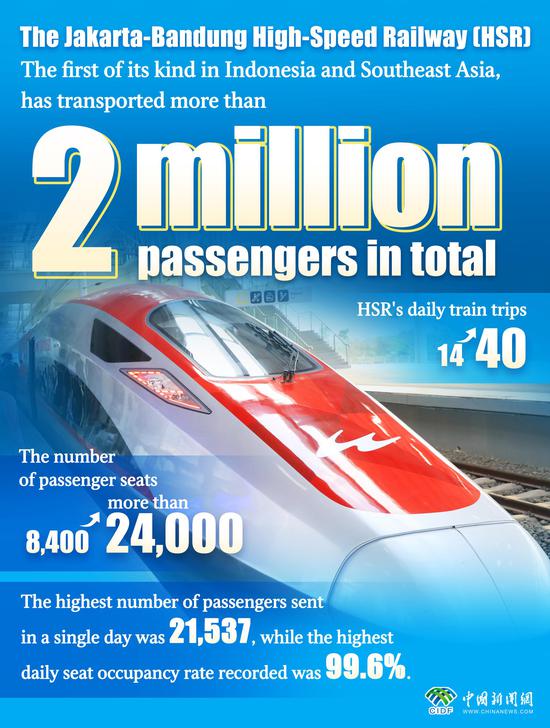
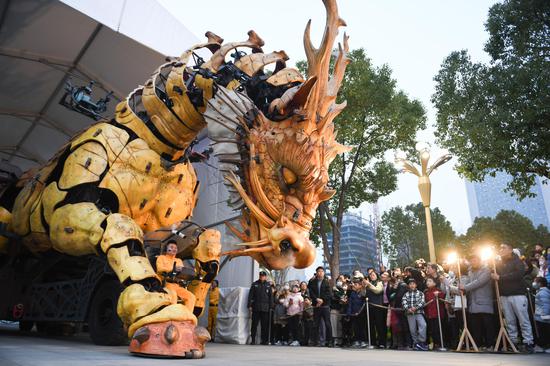


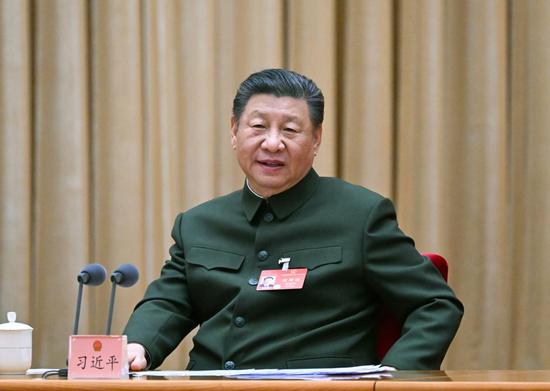
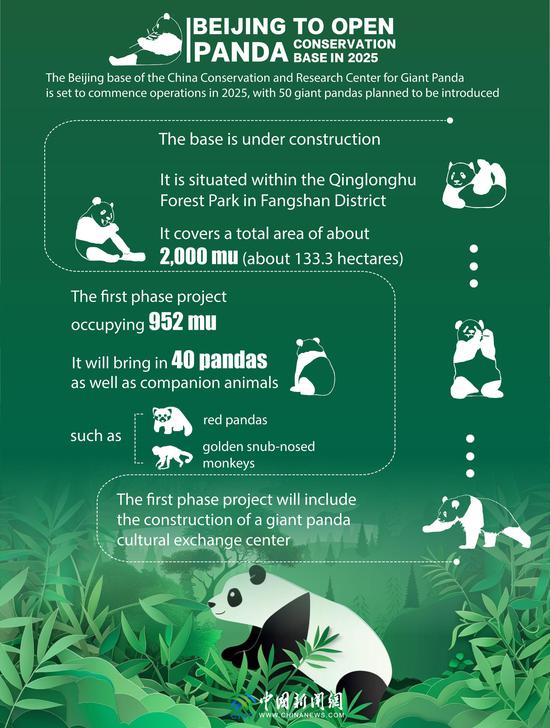

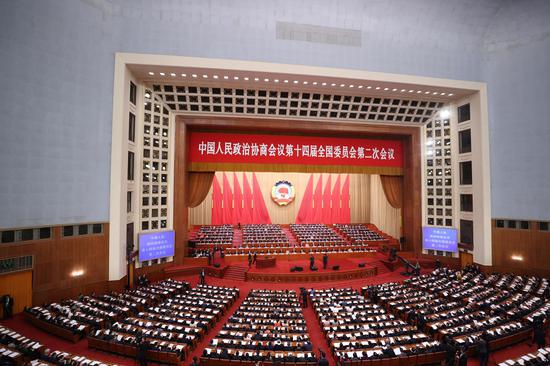
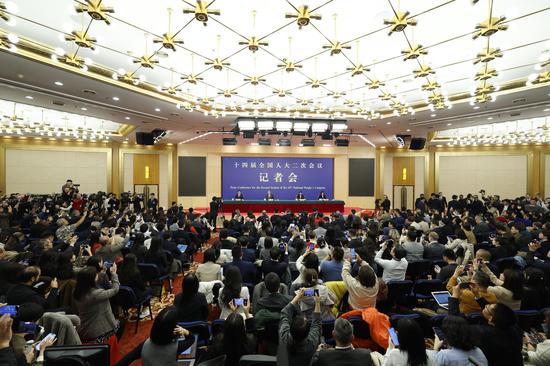

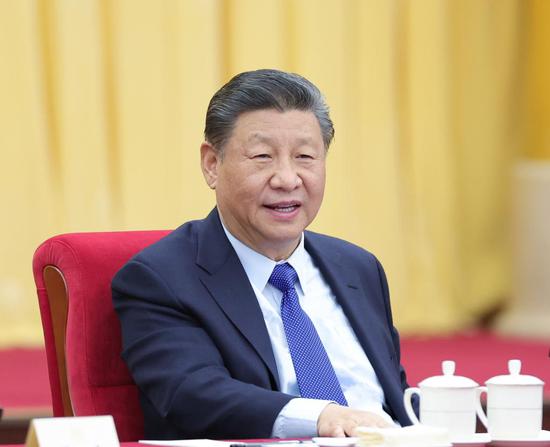
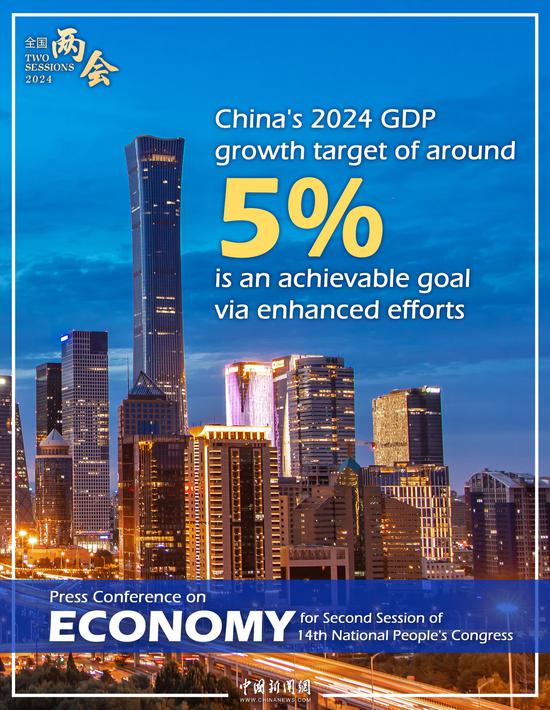
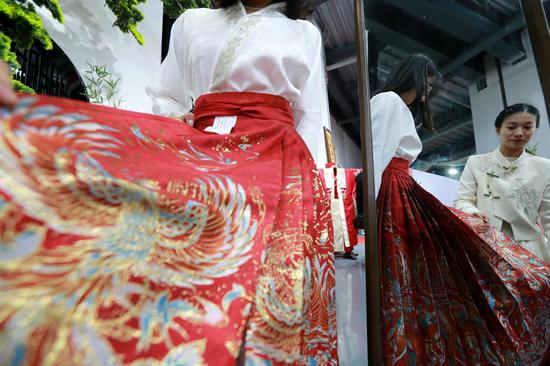







 京公网安备 11010202009201号
京公网安备 11010202009201号